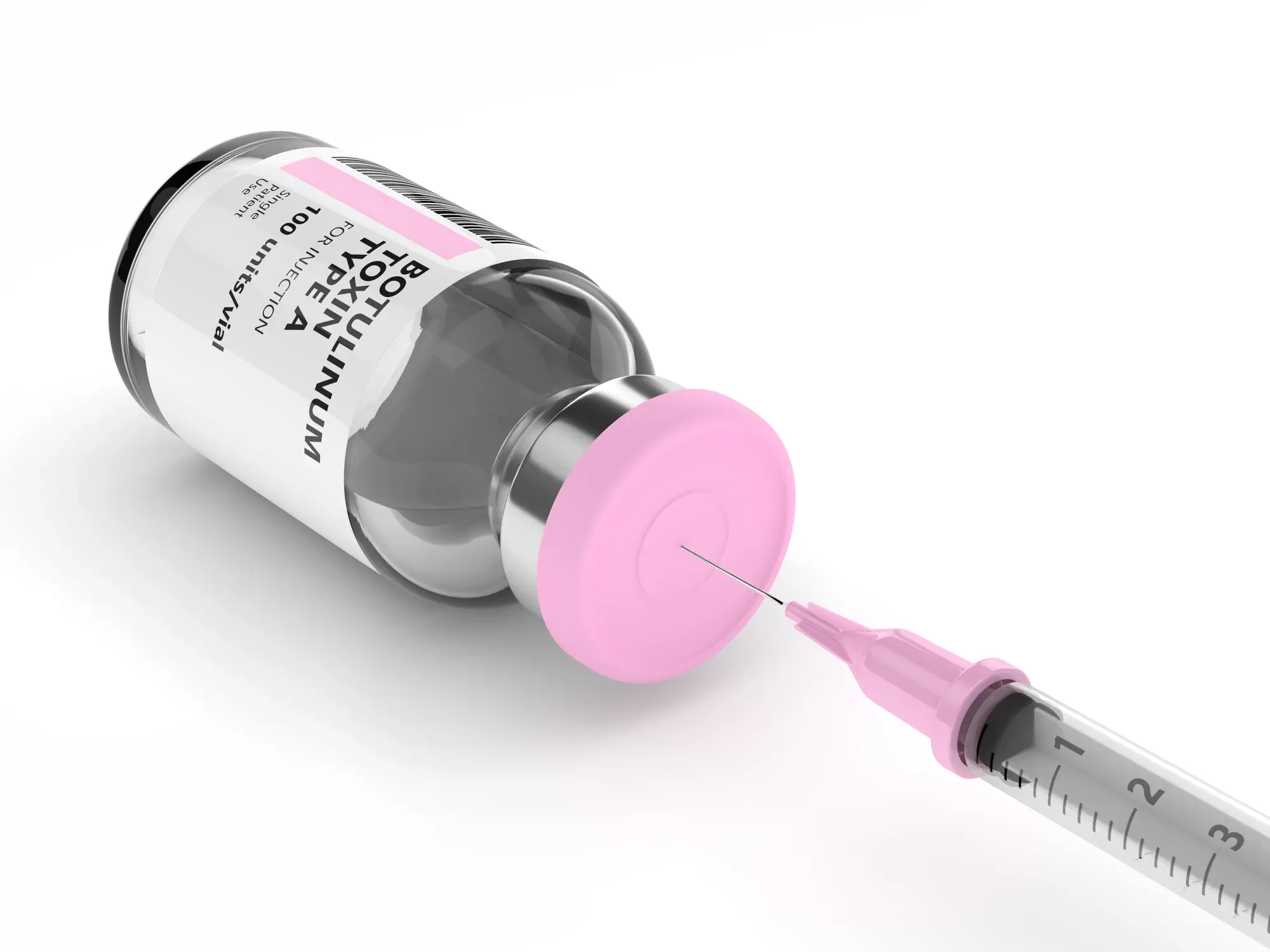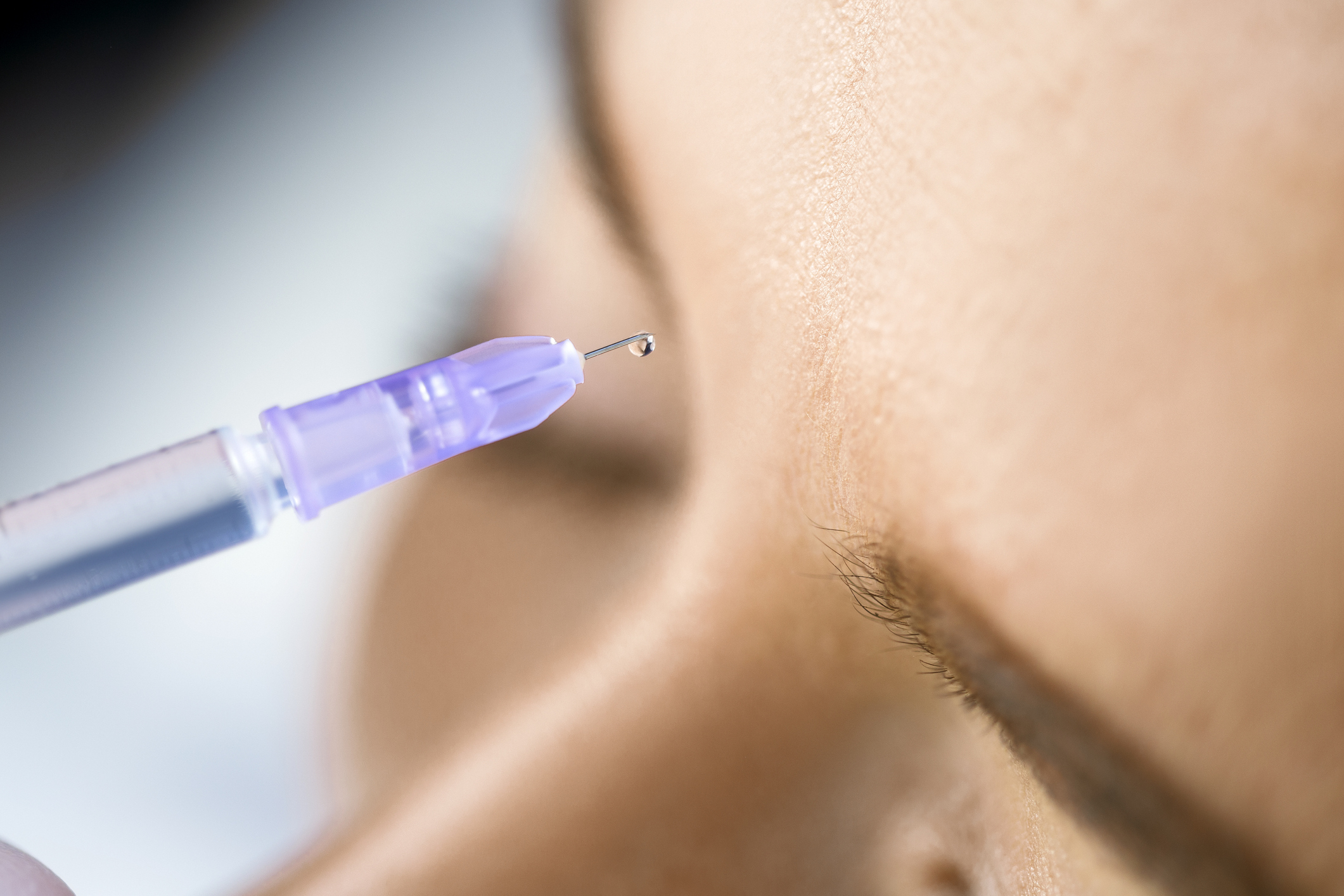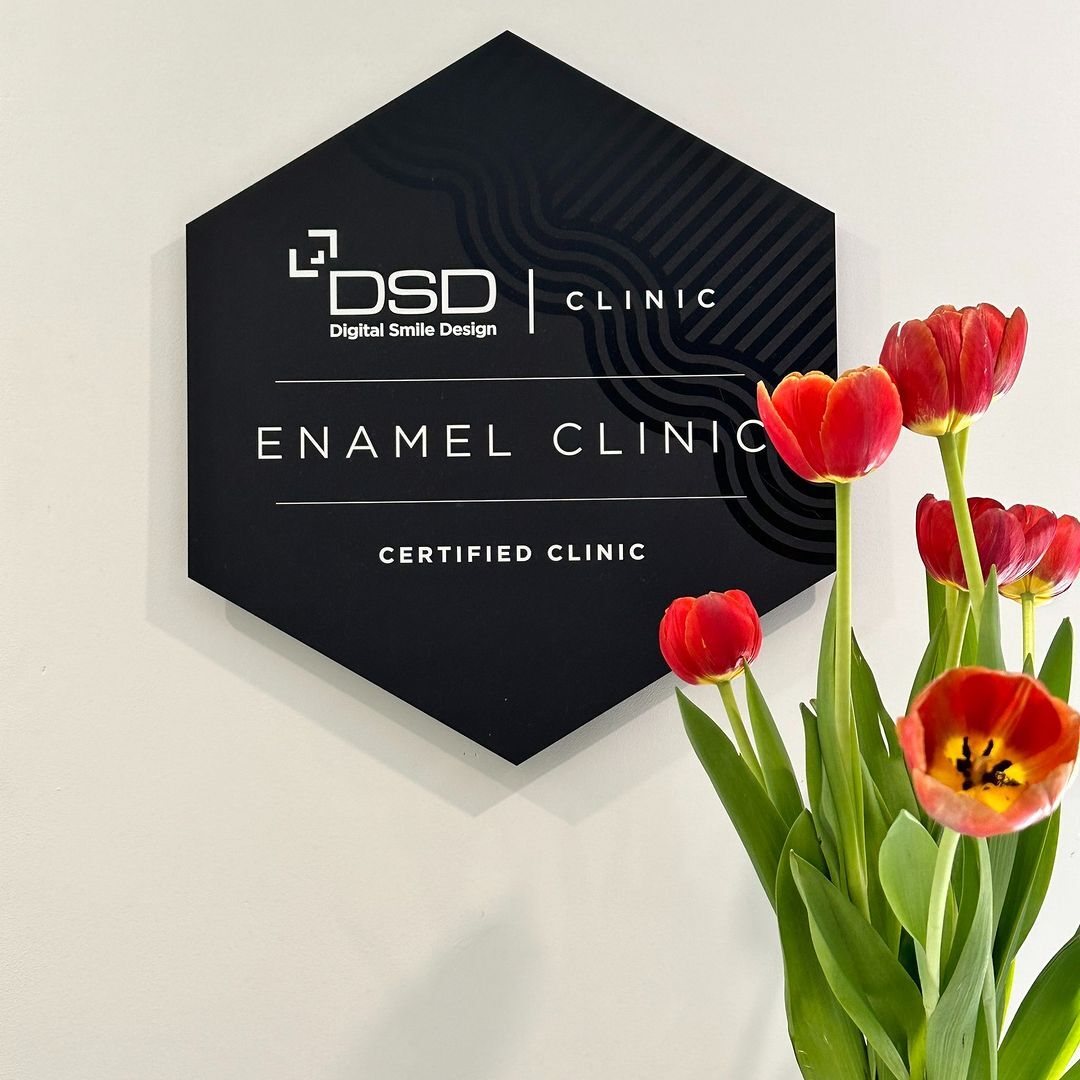
When you hear about neurotoxins like botulinum toxin (best known as Botox®), it’s usually in the context of the beauty industry. Celebrities often use it to smooth out the fine lines and signs of ageing. But did you know these treatments can also be used for medical conditions?
Neurotoxin treatments can be used to treat a wide array of conditions, from migraines to sweating too much. There are also several applications specific to the mouth and jaw area, which is the dentist’s domain. You may find that a solution to an ongoing painful problem could come from this unexpected corner.



Neurotoxins – specifically botulinum toxin – are called “toxic” for good reason: uncontrolled, they attack the nerves, causing cognitive impairment and muscle paralysis that can be life-threatening. Fortunately, our scientific curiosity didn’t leave it at that. When administered in small, targeted doses by a trained professional, this neurotoxin can be used to relax tight muscles. It blocks the signals to the nerves that cause the muscles to contract and tense up.
In the beauty world, this is used for smoothing fine lines and wrinkles. In the right hands, this treatment can produce beautifully natural results, a far cry from the over-smooth or “frozen” look that celebrity magazines once mocked. From crow’s feet around the eyes to bunny lines on the nose, neurotoxin treatments have become a popular non-invasive alternative to plastic surgery.
You might be most familiar with the brand name Botox®, a portmanteau for botulinum toxin, but there are a few different variants of this neurotoxin on the market. Each has subtle differences, so knowing which is right for your needs is an important first step. Not at neurotoxins perform exactly alike. Dysport, also offered here at Enamel Clinic, is made from AbobotulinumtoxinA, a variant of botulinum toxin that contains less protein.
Unlike the more versatile Botox®, Dysport is mainly used for frown lines on the forehead. It affects a broader area than Botox® injections, making it less helpful for small, delicate areas like around the mouth. However, the effects of Dysport are usually visible within five days of the treatment, while Botox® can take up to two weeks to take full effect. The results of both these neurotoxins can last up to six months.
Research into the medical applications of Botox® and other neurotoxins continues to this day, with new uses being trialled and tested all the time. While not a cure-all by any means, neurotoxins have been found to have revolutionary effects for a variety of conditions.
As sufferers and their families know all too well, migraines can be incredibly difficult to manage and completely debilitating in their worst forms. The causes are complex, but for some types of migraines, Botox® can be the key to relief. Botox® is injected into common trigger points such as your temples or the back of your neck. This treatment has to be personalized to each person, and several sessions will be needed before they see real results.
Both Botox® and Dysport have been shown to be effective in treating muscle spasms, calming unwanted or excessive muscle activity. Muscle spasms can present in many ways, on a spectrum of severity, often after a stroke or traumatic nervous system injury or as a result of a movement disorder. This treatment can be used for spasms ranging from facial twitches to involuntary limb movements.
Other treatments range from stopping excessive sweating to easing sports injuries like tennis elbow.
There are many uses for neurotoxin treatments in the dental field, where the focus is on the mouth and jaw. Tightness in the jaw can cause several problems, and many of these issues can be addressed with a neurotoxin like Botox® or Dysport.
Bruxism, or teeth grinding, is a common complaint. In addition to causing jaw pain and headaches, grinding your teeth also wears away at the enamel, causes gum sensitivity, and can even chip your teeth. While there are some more conventional treatments, such as wearing a fitted bite plate while sleeping, Botox® can be the key to lasting relief. Injected into the muscles that move your jaw, the neurotoxin will reduce unwanted clenching and the resultant effects of the ongoing tension.
A related problem can be found in the temporomandibular joints (TMJ), which connect the jaw bone to the skull. Bruxism is just one of the causes of problems here – stress and injuries can also play a role in causing discomfort and tightness. As millions of people around the world can attest, TMJ disorders can be very painful. Perhaps the most severe incarnation is lockjaw, which severely restricts the jaw’s range of motion. (Lockjaw can also have other causes, so it’s always best to speak to a doctor or dentist before seeking any treatment.)
Due to their medical training and experience in the delicate work of placing injections correctly in the mouth and jaw, dentists are often the best port of call for aesthetic Botox® or Dysport treatment. It can be used to enhance or perfect your smile – for example, fixing the “gummy smile” caused by the top lip lifting too high and revealing a lot of the top gum when you smile by relaxing the muscles that lift the lip.
Medical neurotoxin treatments aren’t for everyone, but for some, they offer life-changing relief. Botulinum toxin may have started its medical career as something to be feared and avoided, but thanks to medical advancements and innovation, it has become a powerful tool in your dentist’s arsenal. Whether you suffer from debilitating migraines or wish to age a little more gracefully, ask your dentist about our neurotoxin treatments.
Our experienced team will walk you through the quick and easy process to ensure you get the best possible results. From first consultation to booking a follow-up appointment, you’re in safe hands at Enamel Clinic.